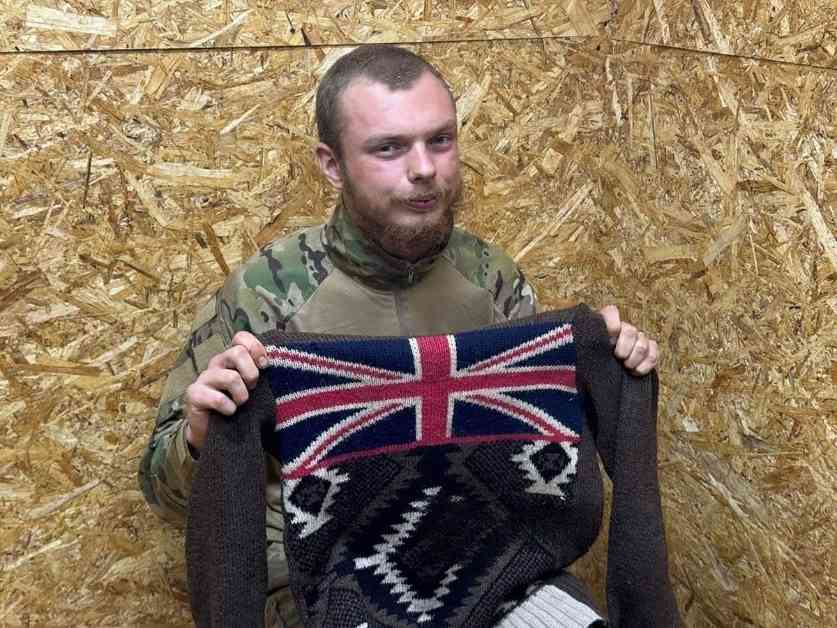The father of a former British soldier captured by Russian troops fighting for Ukraine expressed deep concerns about his son’s safety and well-being. James Scott Rhys Anderson, a 22-year-old former British Army soldier, was reportedly taken prisoner in the Kursk area of Russia. In a video that surfaced on unofficial pro-war Russian Telegram channels, Anderson, wearing military clothing with his hands tied behind his back, identified himself as a former British soldier.
Scott Anderson, his father, shared his fears with the Daily Mail, expressing worry that his son might be subjected to torture while in captivity. He hoped that his son would be used as a bargaining chip, but he was aware of the brutal treatment that prisoners often face. Despite his concerns, Anderson’s son had made the decision to join the fight in Ukraine, driven by a sense of duty and a desire to help the Ukrainian people.
The UK Foreign Office confirmed that they were providing support to the family of the British man following reports of his detention. Anderson recounted how he had been in regular contact with his son via WhatsApp until he embarked on his latest mission. His son had reassured him that his Ukrainian commander would contact him in case of any unfortunate event.
The captured soldier, in the video, revealed that he had joined the International Legion to fight for Ukraine after losing his job. He described his journey from Britain to Ukraine, highlighting the challenges he faced along the way. Despite the difficult circumstances, he expressed regret over his decision, acknowledging that it was a misguided choice.
This incident adds to the growing number of foreign nationals who have joined the fight in Ukraine, responding to President Volodymyr Zelensky’s call for international support against Russian aggression. The situation in Ukraine remains tense, with thousands of individuals from various backgrounds joining the Ukrainian troops in defense of the country.
The emotional plea from Anderson’s father reflects the anguish felt by families of individuals who choose to involve themselves in conflicts abroad. The complexities of international relations and the human cost of war are starkly evident in this case, underscoring the need for diplomatic solutions and peaceful resolutions to global conflicts.
As the situation continues to unfold, the safety and well-being of individuals like James Scott Rhys Anderson remain a pressing concern. The impact of conflict on families, communities, and nations is a sobering reminder of the importance of dialogue, understanding, and cooperation in resolving conflicts and building a more peaceful world.












